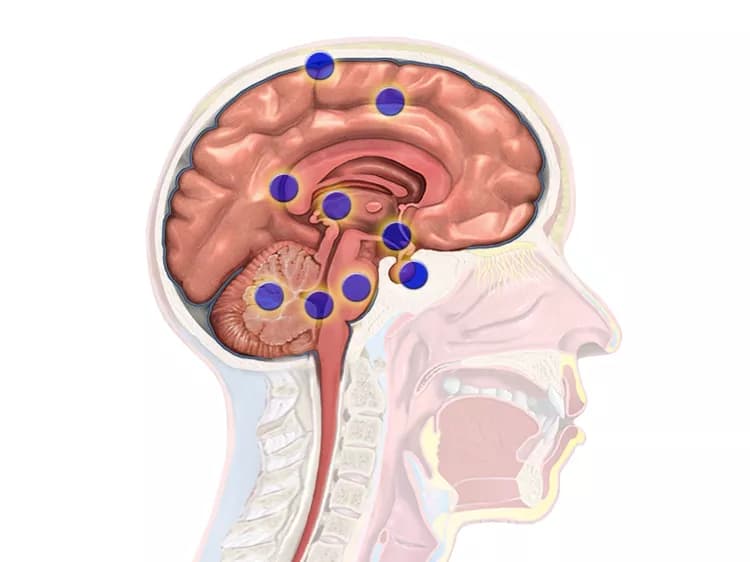
African Plant Extract Offers New Hope For Alzheimer's
A plant extract used for centuries in traditional medicine in Nigeria could form the basis of a new drug to treat Alzheimer's disease, researchers at The University of Nottingham have found.
Their study, published in the journal Pharmaceutical Biology, has shown that the extract taken from the leaves, stem and roots of Carpolobia lutea, could help to protect chemical messengers in the brain which play a vital role in functions including memory and learning.
The tree extract could pave the way for new drugs to tackle patient symptoms but without the unwanted side-effects associated with some current treatments.
The study was led by Dr Wayne Carter in the University's Division of Medical Sciences and Graduate Entry Medicine, based at Royal Derby Hospital. He said: "As a population we are living longer, and the number of people with dementia is growing at an alarming rate. Our findings suggest that traditional medicines will provide new chemicals able to temper Alzheimer's disease progression."
Neurodegenerative diseases represent a huge health burden globally, placing pressure on health services and having a negative impact on the lives of patients and their families.
Researchers and drug companies are racing to discover new treatments for these disorders and have begun looking to plant extracts as a potential source of novel drugs.
In patients with Alzheimer's disease and other diseases such as Parkinson's disease and myasthenia gravis, the activity of the neurotransmitter acetylcholine, is reduced, leading to problems with memory and attention.
Current drugs -- called acetylcholinesterase inhibitors -- reduce the normal breakdown of acetylcholine. Extensive research is underway to find new versions of these drugs but with additional beneficial properties.
Carpolobia lutea, known more commonly as cattle stick, is a small shrub or tree found native to Central and West Africa. Herbalists in Nigerian tribes use the essence of the root as an aphrodisiac and the treatment of genitourinary infections, gingivitis, and waist pains.
It has also been reported to possess other anti-inflammatory, anti-arthritic, antimicrobial, antimalarial, and analgesic properties. This could be particularly important in Alzheimer's disease as there is more evidence emerging that Alzheimer's patients have inflammation in the brain.
The Nottingham study found that the plant was highly effective in preventing the breakdown of acetylcholine but had other beneficial antioxidant properties in fighting free radicals -- unstable atoms that can cause damage to cells and contribute to ageing and disease -- damage that may be exacerbated in Alzheimer's disease.
Materials provided by University of Nottingham. Note: Content may be edited for style and length.
Disclaimer: DoveMed is not responsible for the accuracy of the adapted version of news releases posted to DoveMed by contributing universities and institutions.
Primary Resource:
Nwidu, L. L., Elmorsy, E., Thornton, J., Wijamunige, B., Wijesekara, A., Tarbox, R., ... & Carter, W. G. (2017). Anti-acetylcholinesterase activity and antioxidant properties of extracts and fractions of Carpolobia lutea. Pharmaceutical Biology, 55(1), 1875-1883. DOI: 10.1080/13880209.2017.1339283
Related Articles
Test Your Knowledge
Asked by users
Related Centers
Related Specialties
Related Physicians
Related Procedures
Related Resources
Join DoveHubs
and connect with fellow professionals

0 Comments
Please log in to post a comment.